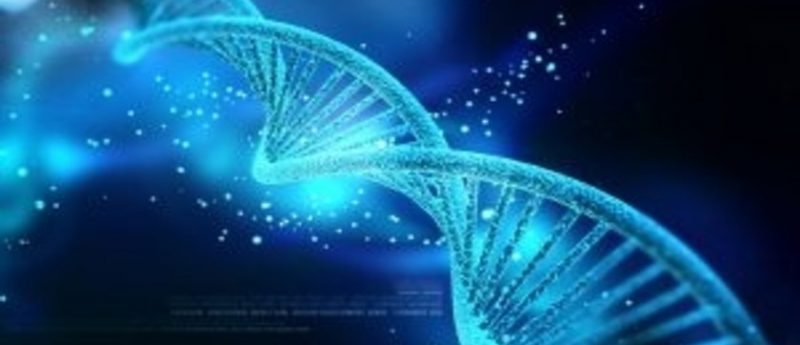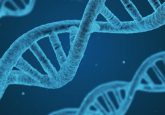Breast cancer genomes further elucidated in largest-ever sequencing study

The landscape of somatic mutations in breast cancer has been further elucidated in two studies published yesterday in Nature and Nature Communications. The findings together offer new insight into the genetic individuality of breast malignancies, while also offering further clarity on the cause of breast tumors.
These studies, both the result of the largest-ever sequencing study of breast cancer genomes led by the Wellcome Trust Sanger Institute (UK), have implicated five new genes in the pathogenesis of the disease and highlighted 13 new mutational signatures that influence tumor development.
Led by Serena Nik-Zainal (Wellcome Trust Sanger Institute), an international team analyzed the genomes of 560 breast malignancies from patients across the USA, Europe and Asia – 556 of these cases were in women and four were in men.
Searching through each of these individual genomes, the team observed for cancer-causing mutations. One key observation of Nik-Zainal’s study noted that in women with mutations in BRCA1 or BRCA2, the genomic profile and mutational signatures were highly distinctive from each other and were also varied widely compared with other breast cancers.
Noting how this finding could aid in the personalization of therapy to the individual patient, Nik-Zaina commented: “In the future, we’d like to be able to profile individual cancer genomes so that we can identify the treatment most likely to be successful for a woman or man diagnosed with breast cancer. It is a step closer to personalized healthcare for cancer.”
The study also demonstrated that the position of mutations within the genome is important within the disease. As investigator Ewan Birney (European Bioinformatics Institute, UK) commented: “We know genetic changes and their position in the cancer genome influence how a person responds to a cancer therapy. For years we have been trying to figure out if parts of DNA that don’t code for anything specific have a role in driving cancer development. This study both gave us the first large scale view of the rest of the genome, uncovering some new reasons why breast cancer arises, and gave us an unexpected way to characterize the types of mutations that happen in certain breast cancers.”
“…This huge study, examining in great detail the many thousands of mutations present in each of the genomes of 560 cases brings us much closer to a complete description of the changes in DNA in breast cancer and thus to a comprehensive understanding of the causes of the disease and the opportunities for new treatments,” commented Professor Sir Mike Stratton, Director of the Wellcome Trust Sanger Institute.
He concluded: “This huge study, the largest of any one cancer type to date, gives insights into which genetic variations exist, and where they are in the genome. This has implications for other types of cancer, too. The study itself shows it is possible to sequence individual cancer genomes and this should lead to benefits for patients in the long term.”
Sources: Wellcome Trust Sanger Institute press release; EMBL-EBI press release




